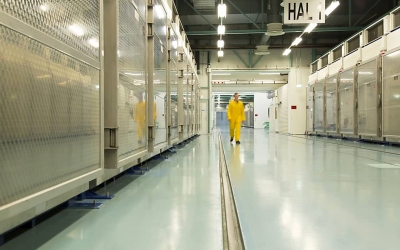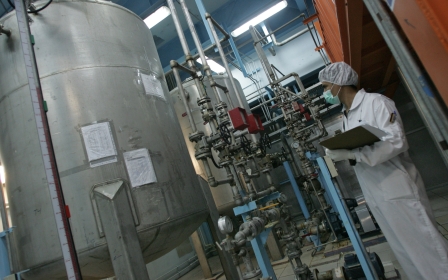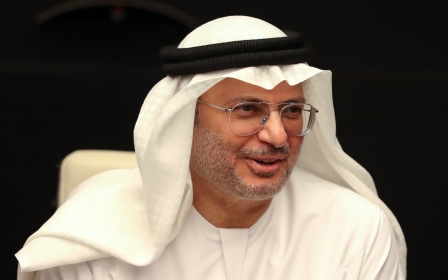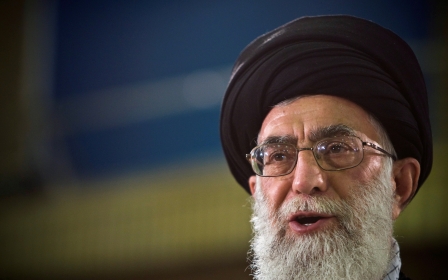EU leaders urge Iran to comply with nuclear deal after UN watchdog confirms breach
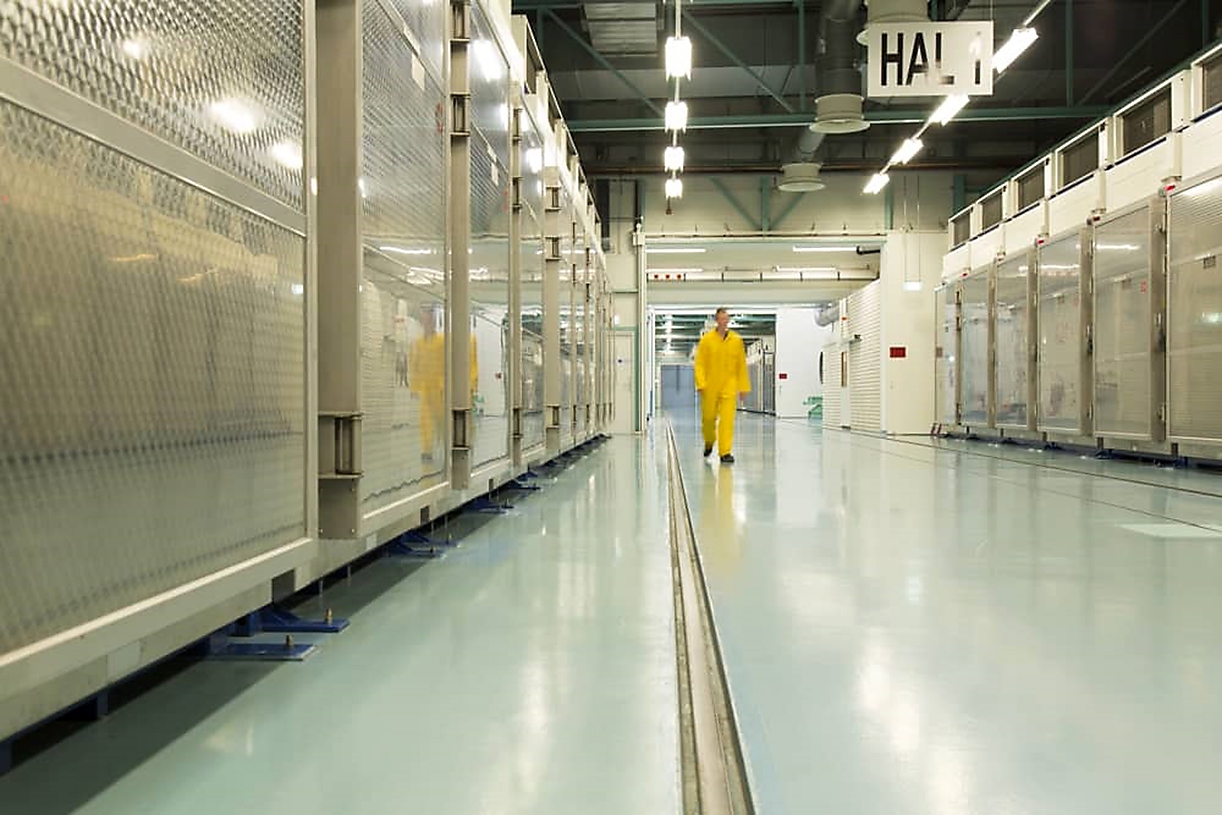
European leaders have called on Iran to comply with the 2015 multinational nuclear deal, after the United Nation's nuclear watchdog confirmed that Tehran had restarted uranium enrichment at a facility south of the capital.
The foreign ministers of France, Germany and the UK, along with European Union foreign policy chief Federica Mogherini, said in a joint statement on Monday that Iran's uranium enrichment "has potentially severe proliferation implications".
"It represents a regrettable acceleration of Iran's disengagement from commitments under the [Joint Comprehensive Plan of Action]," they said, referring to the deal by its formal name.
Earlier in the day, the International Atomic Energy Agency (IAEA) released a report confirming that Iran had restarted uranium enrichment activities at its underground Fordow nuclear plant.
The facility is located near the town of Qom, about two hours south of Tehran.
New MEE newsletter: Jerusalem Dispatch
Sign up to get the latest insights and analysis on Israel-Palestine, alongside Turkey Unpacked and other MEE newsletters
In their statement, the European leaders urged Iran to "reverse all measures" inconsistent with the nuclear agreement, saying Iran's latest actions have made it "increasingly difficult" to de-escalate tensions in the Middle East.
The survival of the multinational nuclear deal with Iran has been under threat since the United States unilaterally withdrew from the agreement in May 2018, reimposing biting economic sanctions in a "maximum pressure" campaign.
Tehran began walking back on its commitments in May in response to the sanctions, which cut many of Iran's benefits from the deal and strangled its oil exports.
Iran wants European countries to help it find a way to sell its oil.
The Iranian government also denies that it has violated the nuclear deal, saying that the agreement stipulates that it can suspend some of its commitments "in whole or in part" in the event of an unresolved dispute.
By enriching its uranium to a level slightly higher than what is allowed under the deal, Iran hopes to gain the leverage it needs to fight the US's pressure campaign.
Under the 2015 deal, Iran was not supposed to enrich uranium at Fordow until 2030.
But on 6 November, Iran announced that it would begin to inject uranium gas into the facility's 1,044 centrifuges.
Enriched uranium can be used to make fuel for nuclear power plants, as well as nuclear weapons.
Last week, French President Emmanuel Macron said Iran's plans to enrich uranium at Fordow "marks a profound shift" that showed Iran had decided "in an explicit and blunt manner" to leave the nuclear agreement.
But Iran Foreign Minister Javad Zarif said Iran would be happy to "reverse course" if France, Germany and the UK "abide by [their] obligations".
Iranian President Hassan Rouhani also said that the steps were "reversible", pledging that Tehran would uphold all of its commitments when the remaining signatories to the nuclear accord did the same.
"We know their sensitivity with regard to Fordow… but at the same time when they uphold their commitments, we will cut off the gas," Rouhani said.
Middle East Eye delivers independent and unrivalled coverage and analysis of the Middle East, North Africa and beyond. To learn more about republishing this content and the associated fees, please fill out this form. More about MEE can be found here.


